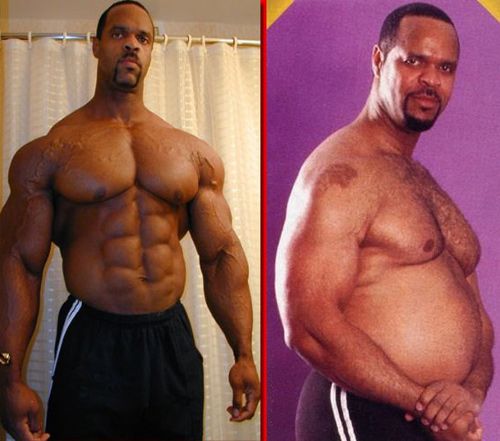10 signs you are overtraining-Symptoms and warning signs of overtraining

Overtraining puts your body in a catabolic stage, and drains your energy levels, and causes muscle loss. Both of these outcomes result in your looking and feeling discontent
It’s crucial that you listen to your body and know the signs of overtraining. Here’s a list of 10 common symptoms you should constantly look out for.
Contents
1.Extended Muscle Soreness
- It’s normal to have sore muscles for a day or two after a workout. But if you’re still sore past the 72-hour mark, be sure to schedule a break and rest.
- This type of extended soreness is a sign your muscles aren’t recovering, which negatively impacts on your muscle-building efforts.
- “You should be able to get in a gym session—in and out—in 45 to 75 minutes max,” says Muscle Model champion and transformation trainer Micah LaCerte.
4. Sleep problems-Insomnia
- Overtraining is, in general, stress for the muscles and the whole body. In response, the body releases into the blood an increased amount of adrenaline and cortisol.
- Their high concentration causes excitement, which makes it difficult to relax and fall asleep on time. Or sleep may be restless, intermittent, and even with nightmares.
- Focus more on getting your 10p.m. to 2a.m. sleep” because “this is the part of your sleeping pattern where physical restoration occurs.
- Your body grows while resting, not training
- Eat a lot of clean food and take a week off training all together.
5. You feel weak and tired
- Exercising with the right amount of stress should be enjoyable, stress-relieving, and mood-enhancing.
- After classes, a person feels only pleasant fatigue, similar to a feeling of slight intoxication.
- This is because, during exercise, the brain and all other organs receive more oxygen and other nutrients.
- After all, muscles working intensively accelerate the pumping of blood throughout the body.
- However, if the loads are chosen incorrectly, after fitness there is a feeling of exhaustion, dissatisfaction as if the car was unloaded with cement – everything hurts and there is no strength for anything.
6. Headaches in the morning
- It is the morning headache that is a sign of overtraining the day before.
- It is connected with the fact that a high load causes muscle spasms, as a result, blood circulation is impaired – the brain suffers from a lack of nutrition, including oxygen.
- Another reason may be that during intense exercise, the body used up a lot of glucose.
- In the morning, its level in the blood is low, which causes poor health, accompanied by a headache.
7. Frequent colds
- Exercising to the limit depletes the body’s protein and vitamin-mineral reserves.
- A deficiency of important substances leads to a weakening of the immune system – as a result, viruses can easily attack a person who is left without immune protection.
- Do not be surprised by the constant runny nose and cold sores on the lips.
8. Bursts of irritability
- Have you noticed that you are irritable after training? This is due to the fact that during fitness, not only muscles work, but also the nervous system.
- If the loads are unusual or the lesson is too long, be prepared for a bad reaction of your nervous system.
- These are mood swings, excessive touchiness and tearfulness, unmotivated irritability, and even bouts of anger.
9.Increased Injury
- Getting injured more often? In particular, are you re-aggravating old injuries? If so, you may be overtraining.
- Your body doesn’t get enough time to recuperate between workouts meaning that at some point you begin “training in a weakened state.
- If you do this too often, you likely increase your chance of injuries.
- To prevent yourself from overtraining use forced rest periods into your routine, as well as changing training intensities or enjoying active recuperation” sports like soccer—something low-intensity and completely different from weights and cardio.
10.Halted Progress Or Hitting Plateau
- Has your body stopped changing in spite of your best efforts? If so, you may be overtraining.
- When you’re overtraining, your body is going in the opposite direction of growth, because your muscles are torn and all you’re doing is re-tearing them again
- Don’t risk possibly entering into a muscle-burning phase.
- Muscles need a chance to repair, and that’s only possible when your body is given the proper time to rest and recover before being forced into more exercise.
What to do?
- If you are trying to load yourself with fitness to the maximum, and then notice the listed signs – just give your body a break.
- Skip a couple of workouts, drink vitamins, strengthen your diet with protein foods, fruits, and vegetables – so that the body can recover.
- And then be sure to adjust your physical activity by contacting a specialist.


